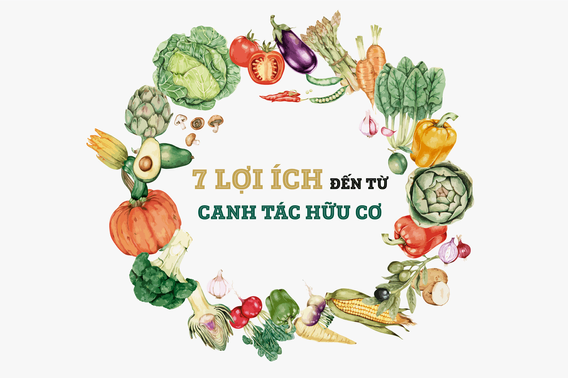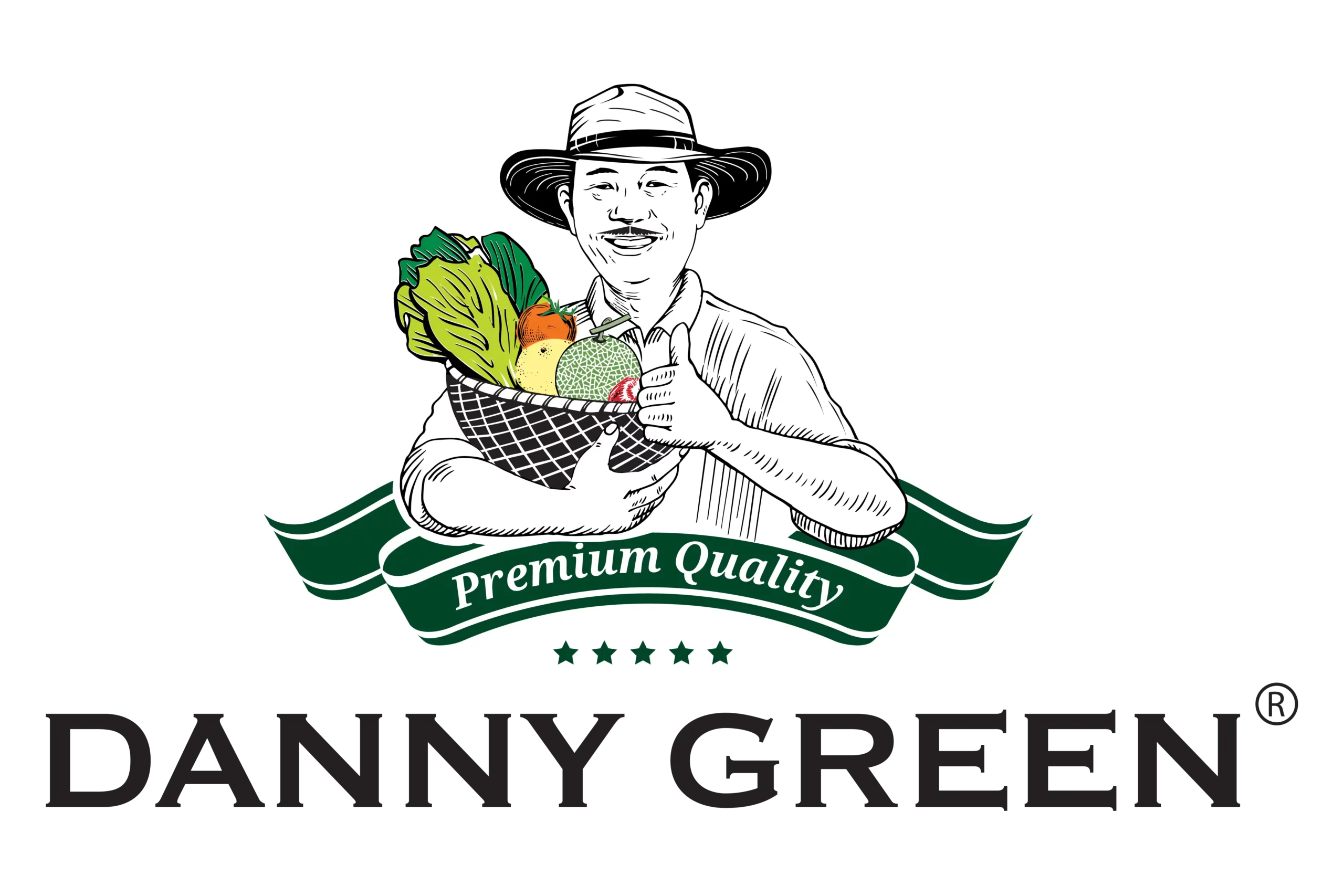Today, when people are gradually interested in a healthy diet healthy, organic food (organic food) becomes more interested and popular with consumers because of evidence of long-term health benefits for humans.
 The 7 potential benefits include:
The 7 potential benefits include:
1. Nutrients:Studies have shown low to moderate increases in some nutrients in organic produce. The best evidence of a significant increase is that certain types of flavonoids have antioxidant properties.
2. Omega-3 fatty acids:The feed requirements of organic livestock production, such as the predominant use of grass for cattle, result in higher levels of omega-3 fatty acids and a type of heart-healthy fat than other fats. These omega-3 fatty acids are found in organic meat, milk and eggs.
3. Toxic metal:Cadmium is a toxic chemical found naturally in soil and absorbed by plants. Studies have shown significantly lower cadmium levels in organic cereals when compared to conventionally grown cereal crops. Lower cadmium levels in organic grains may be related to the ban on synthetic fertilizers in organic farming.
4. Pesticide residues:Compared to conventionally grown produce, organically grown produce has lower levels of pesticide residues.
5. Chemical fertilizer residue:Organic farming does not use chemical fertilizers, instead it uses organic fertilizers.
6. Bacteria:Conventionally produced meats may have higher rates of antibiotic-resistant bacteria.
7. Good for the environment:Do not use fertilizers or chemicals, cultivate naturally, contributing to environmental protection.
In addition to the benefits mentioned above, organic food also has other benefits. Great advantages that we can feel through the process of use such as: fresher taste because there are no colors, preservatives or use of drugs/chemical fertilizers, better digestive health over time…
So, is organic food really perfect? What are the disadvantages of this type of food?
A common concern with organic foods is cost. Organic foods often cost more than conventional foods, partly because of more expensive farming methods. However, for balance, we can also combine the use of both organic foods and conventional foods in our daily meals.




